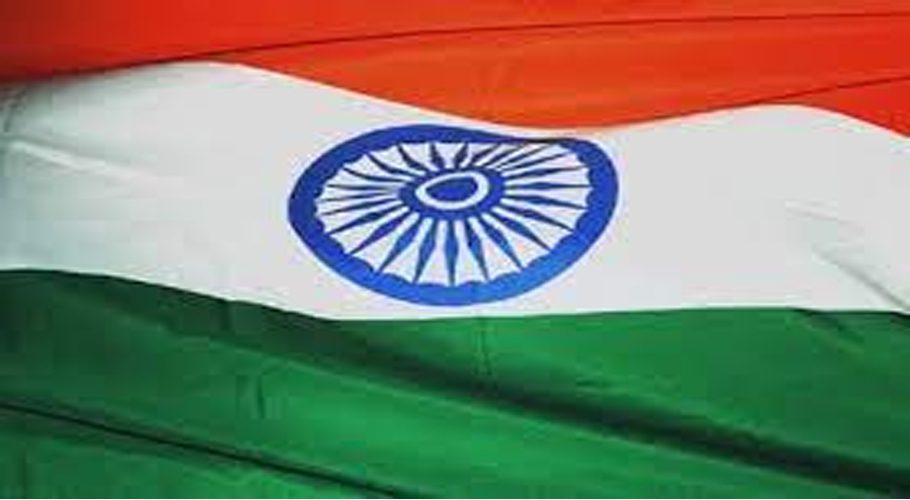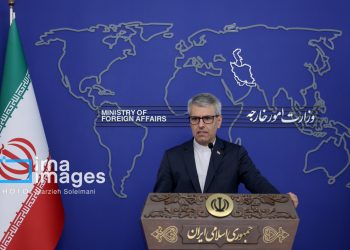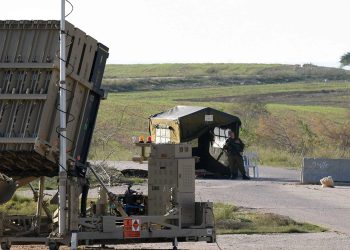Canadian Prime Minister Justin Trudeau triggered a diplomatic crisis with India last week when he claimed the June murder of a Sikh activist in Canada was likely ordered by New Delhi and carried out by India’s foreign intelligence service. If true, it would be the first time that Indian intelligence has been directly linked to a targeted assassination.
A week after Canadian Prime Minister Justin Trudeau’s bombshell allegations linking India to the June killing of a Canadian Sikh activist, the diplomatic crisis shows no signs of petering out.
Sikh separatist leader Hardeep Singh Nijjar was shot and killed June 18 by two masked men outside a gurdwara, a Sikh place of worship, in British Columbia in what has been described as a coordinated attack.
In his parliamentary address last week, Trudeau said that Canadian security services were investigating “credible allegations of a potential link” between Indian government agents and the death of Nijjar, a Canadian citizen, prompting indignation in India.
The Modi administration, which labelled Nijjar a “terrorist” in 2020, has rejected Canada’s allegations as “absurd”.
The scandal surrounding the assassination has also turned the spotlight on India’s external intelligence agency, the Research and Analysis Wing (RAW), a relatively discreet spy agency that has, in the past, avoided international media attention.
Following Ottawa’s expulsion of an Indian diplomat last week, New Delhi threw out a Canadian embassy official in a diplomatic tit-for-tat. In both cases, the expelled officials were identified as senior intelligence officers at their respective embassies.
Espionage lies at the heart of the diplomatic spat. If Trudeau’s allegations are true, an assassination carried out by RAW agents on North American soil is unprecedented. “We don’t have any credible evidence that this kind of thing has been done before on Western soil by RAW. It would be a first,” said Walter Ladwig, a South Asia security expert at the London-based Royal United Services Institute.
Until recently, RAW operations were believed to be focused on the South Asia region. RAW spies are best known for their work in Sri Lanka and Bangladesh, and for keeping an eye on what is happening in Pakistan, Afghanistan and on the border with China.
“It’s a well-regarded intelligence agency, with primarily a regional scope,” explained Paul McGarr, a specialist in South Asian security and intelligence at King’s College London.
RAW’s regional focus dates back to its founding by late premier Indira Gandhi in 1968 after the wars against China in 1962 and Pakistan in 1965. In both conflicts, “India had been taken by surprise, and the government didn’t want that to happen again,” noted McGarr.
As prime minister, Indira Gandhi believed that an Indian-style CIA would be the best way to guard against such setbacks. “When RAW was formed, it was modeled on the CIA. India’s intelligence community had shown its inability to acquire foreign intelligence before the Sino-India war and the war with Pakistan. India being caught by surprise was seen as a serious intelligence failure,” said McGarr.
But RAW soon found itself mired in a series of scandals linked to the politicized use of spies by the Congress Party, the main political force at the time, “against Indira Gandhi’s political opponents”, explained Philip Davies, director of the London-based Brunel Centre for Intelligence and Security Studies. It wasn’t until the 1990s that the agency “underwent a series of reforms to achieve a certain level of depoliticization”, added Davies.
Over the years, Davies said, RAW “established a covert action history, but with no known record of targeted assassinations”.
The agency played a central role in Bangladesh’s 1971 war of independence against Pakistan and helped strengthen India’s influence in Afghanistan. In 1999, the intrusion of Pakistan-backed armed forces into the Indian state of Jammu and Kashmir prompted questions over RAW’s efficiency. “Some analysts saw the conflict as an intelligence failure. However, RAW officials argued they had provided the intelligence but political leadership had failed to act upon it,” noted a 2008 report from the Council on Foreign Relations, an influential US think-tank.
Indian spies are also strongly suspected of having contributed to the birth and development of the Tamil Tigers separatist group in Sri Lanka.































